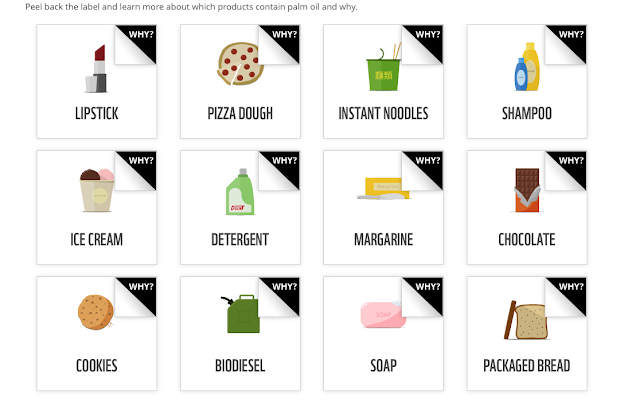Single-use Planet

Imagine yourself 30 years from now. Imagine yourself looking back, reflecting on your time spent on this Earth. What will you think? "Just look at how far we've come" How far will we go? It's hard to depict what the future will be like. It seems to get harder as the years go on and the potential for technological innovations expand. It's quite possible that technology will have dramatically altered how we look at and experience life. It's likely that the reality (and virtual realities) we shall experience are far from our present imaginations. But how far will we actually go? Two days ago the Collins Dictionary announced their word of the year for 2018: Single-use - made to be used once only. Much of the four-fold increase in the use of the term can be attributed to the moving scenes of BBC's Blue Planet II. Once again the power of the arts shook society from its paralysis, awakening its disconnected environmental consciousne...

